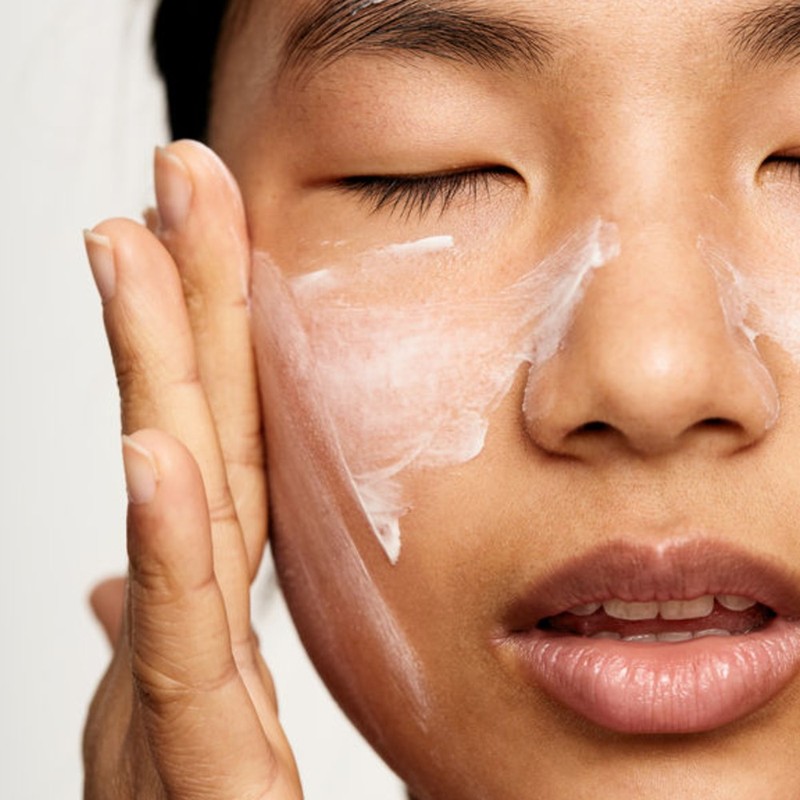10 Expert Rules For Sensitive Skin
See An Expert
“Many women see sensitive skin as a cosmetic issue, and never seek medical attention, which means underlying causes – such as rosacea or allergies – aren’t investigated or ruled out. Don’t be afraid to see a dermatologist – it could be the answer to a clearer complexion.” – Dr Anjali Mahto, Consultant Dermatologist at The Cadogan Clinic
Know Your Type
“It’s too easy to blanket diagnose sensitive skin although I personally feel there are two types. The first – reactive – can be recognised by a rash, inflammation, dryness or area of irritation that is often a histamine reaction. The second – responsive – is diagnosed by frequent flushing, redness and being prone to reacting to temperature changes.” – Abigail James, facialist
Recognise Your Triggers
“There are a huge number of potential triggers for skin sensitivity and many more we are yet to recognise. Diet (namely spicy foods and cheese), alcohol intake, hormones, sun exposure, ingredients in make-up and stress can all be triggers. Try to keep a diary of your symptoms and notice when they worsen.” – Dr Anjali Mahto
Be Wary Of Labelling
Just because a product claims to be hypoallergenic or fragrance-free doesn’t mean it’s suitable for sensitive skin, so be cautious. Often ‘unscented’ means there are other chemicals in there to take the scent away.” – Abigail James
Steer Clear Of Aromatherapy
“Essential oils seem soothing and calming, but they can irritate sensitive skin. If in doubt, try to avoid natural products with aromatherapy in. The only exceptions are ingredients such as chamomile and calendula, which can be helpful to sensitised complexions.” – Abigail James
Keep It Simple
“Skincare for sensitive skin should be kept as simple as possible. It’s a good idea to avoid ingredients such as fragrances, witch hazel, alcohol, sodium lauryl sulphate, ammonium lauryl sulphate, methylisothiazolinone, salicylic acid, and some AHAs. Regarding acids, be extremely wary of using these as they can trigger sensitivity; the only exceptions are azelaic and hyaluronic acids. If in any doubt, speak to a dermatologist.” – Dr Anjali Mahto
Be Brand Savvy
“Natural and organic brands sound like they’ll do your skin some good, but be cautious, as natural doesn’t necessarily mean safer or better. In my opinion, you’re far better off with a French pharmacy brand such as Avène and La Roche Posay – which both do great ranges for sensitive skin I recommend to my clients.” – Dr Anjali Mahto
Be Prepared To Make Changes
“Reviewing the products you use at home and making changes is key if you want to improve your sensitive skin. As tricky as it may seem, stepping away from traditional beauty halls, which are often packed with synthetically fragranced brands, could be the answer. Keep your skincare to a minimum for a month or so and then try adding products back in, one at a time, to see if it supports or irritates your skin.” – Abigail James
Don’t Forget SPF
“While all skin types should use an SPF daily, those with sensitive skin should make this a priority. UV damage can be a trigger for many people with sensitive skin and can expose the skin to free radicals, which exacerbate redness and sensitivity.” – Face Experts at Gazelli
Try A Peel
“For people with sensitised skin, try a gentle peel to encourage the damaged skin’s surface (which has lost its healthy barrier and can’t protect itself ) to be replaced with new, healthy skin cells. Always get this done professionally and ask your therapist about lactic acid – since it’s a bigger molecule, it doesn’t tend to create an aggressive reaction in the skin.” – Skin Experts at Gazelli
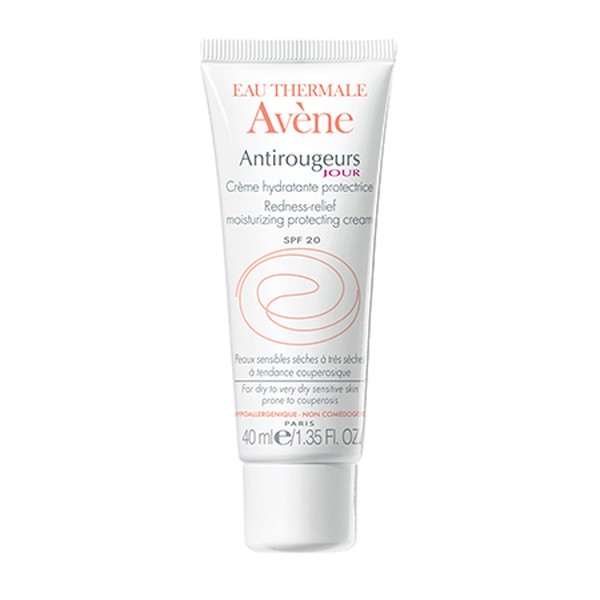
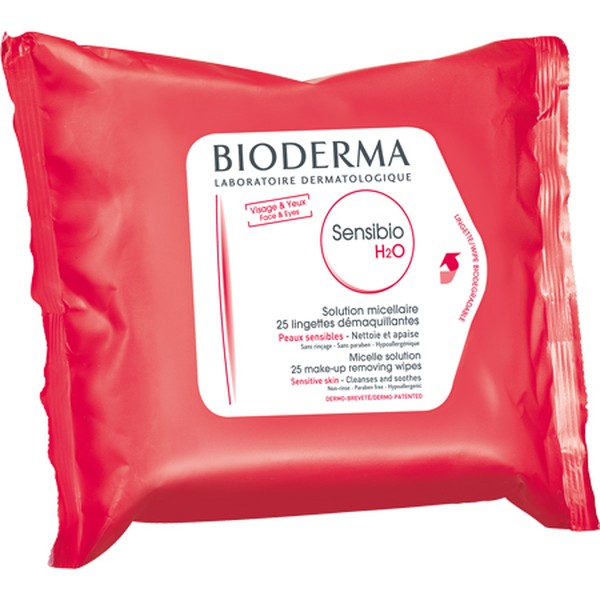
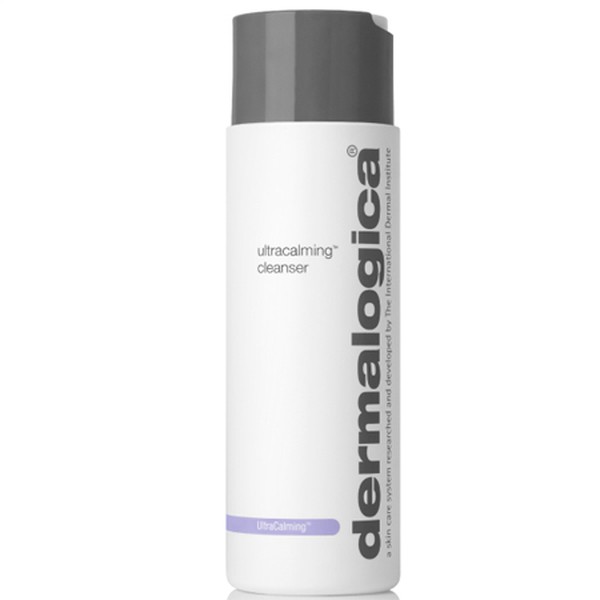
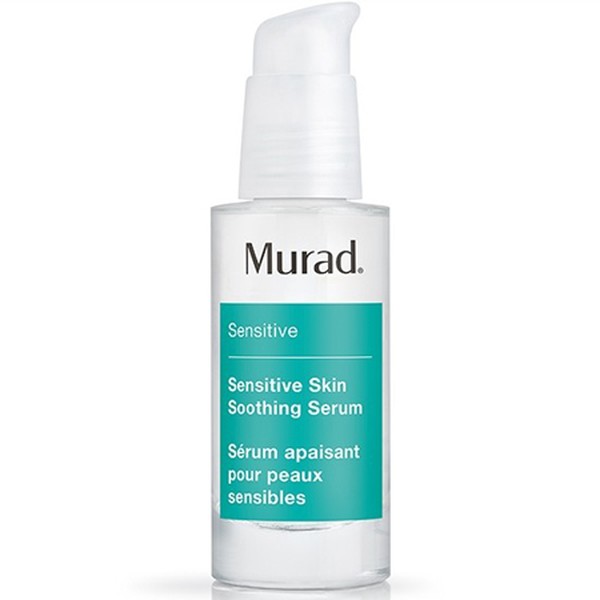
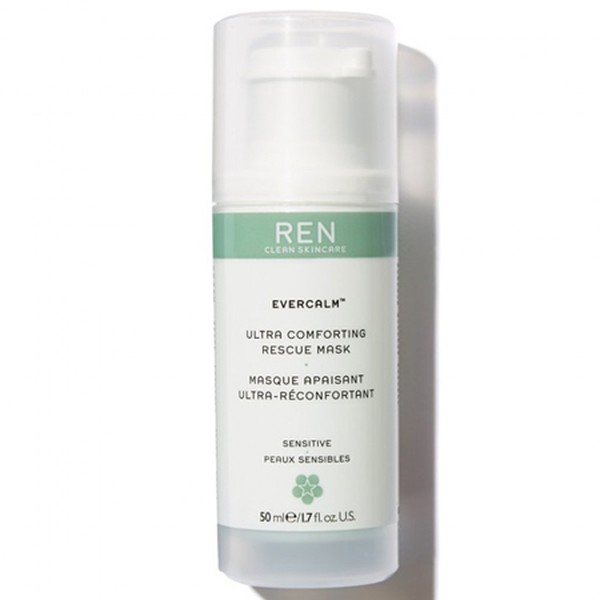
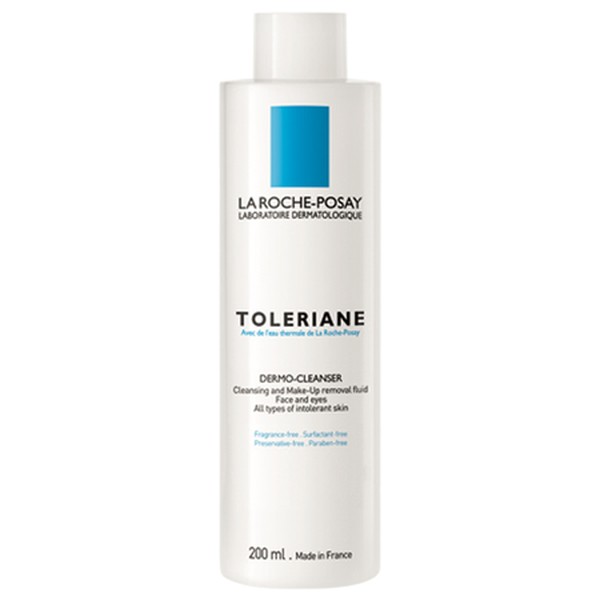
INSPIRATION: Instagram.com/LaRochePosay and Instagram.com/BiodermaUK
DISCLAIMER: We endeavour to always credit the correct original source of every image we use. If you think a credit may be incorrect, please contact us at info@sheerluxe.com.
